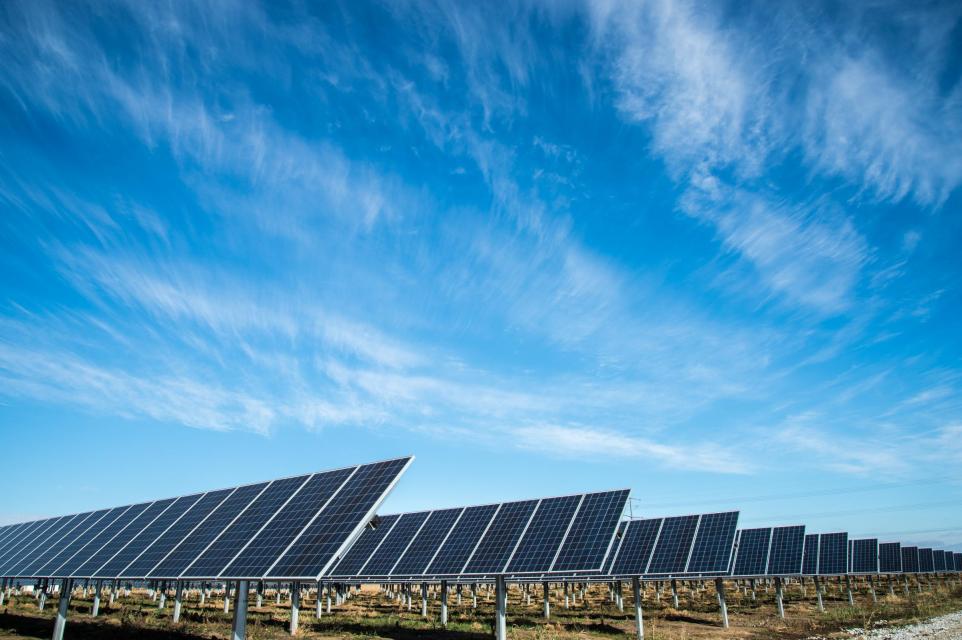A local community in Northumberland has raised concerns over the proposed construction of a solar farm and battery facility nearby.
In response to plans to build Highfield Energy Park lodged with Northumberland County Council by renewable energy developer Exagen, the community has formed a protest group, Stop Highfield Energy Park.
Residents of Whittonstall and surrounding areas have become “deeply concerned” about Exagen’s proposals, harbouring worries that it could lead to increased organised crime in the area and impact safety.
But the renewables developer has said that they are consulting with the local fire service to ensure the site’s safety and will equip the solar farm and battery facilities with “the best systems” to minimise criminal risk.
The project, if approved, is set to span two sites, with the solar element situated atop the western hillside of Whittonstall.
Adjacent to ancient woodland and the Lynn Burn, which feeds into the Tyne via Stocksfield, the battery facility has been labelled as “encroaching upon protected green belt land” by campaigners.
A spokesperson for Stop Highfield Energy Park said “Aside from the well-documented adverse effects on wildlife, the local community is also worried about the inevitable rise in criminal activities associated with the proposal.
“While we acknowledge the necessity of decarbonizing our energy systems, transforming our countryside and farmland into an industrial landscape is not the solution. Residents across the Tyne and Derwent Valleys must be aware of the threat posed by this proposal.”
Northumbria Police reports a national trend in solar farm thefts: “Reported crimes on solar farms have increased by 93% from 2021 to 2022. Theft of cables has risen by 48%, and thefts of solar panels have quadrupled during the same period.
“These incidents are predominantly orchestrated by Organised Crime Gangs, willing to target solar farms across the country. The minimum-security requirement for a Solar Farm is adequate security fencing, rather than post and rail.”
But Mark Rowfield, Exagen Managing Director, responded: “We appreciate Northumbria Police’s comments on solar farm security and the potential for theft and take this very seriously across all our projects.
“Rural crime and the resources provided to remote areas to prevent it is a concern to many communities. The security of all rural homes and businesses needs a coordinated approach between developers, communities, local authorities, and the police to protect everyone, including solar farms to guarantee the UK can meet its 70GW solar target by 2035.
“Exagen focuses on using careful design and technology to manage and monitor sites and we will employ the latest and most advanced mounting, monitoring, and warning systems to minimise this risk.
“The proactive recommendations on security measures are welcome and we will engage with specialist solar farm security companies and Northumbria Police as this project continues through planning and into construction to ensure that, as a member of Whittonstall’s rural community – our businesses are well protected.”
In addition to concerns about crime, the community have said that the proposed site may put the region at increased fire risk. Northumberland Fire and Rescue services said it “lacks sufficient accommodation for vehicle access requirements outlined in the building regulations” and that “no information regarding water provision in case of a fire on the site was found [in plans]”.
An Exagen spokesperson responded: “We are in conversation with the planning authority and the Northumberland Fire and Rescue Service to fully understand their requirements, to provide them with the information they require at this stage of the project.
“This is in addition to the measures set out within the Outline Battery Safety Management Plan submitted as part of the application. These discussions will continue before and during construction and when operational to ensure appropriate systems are in place to allow the site to be safely operated.”

